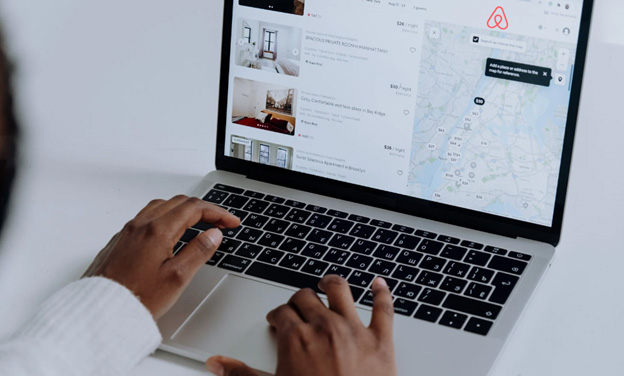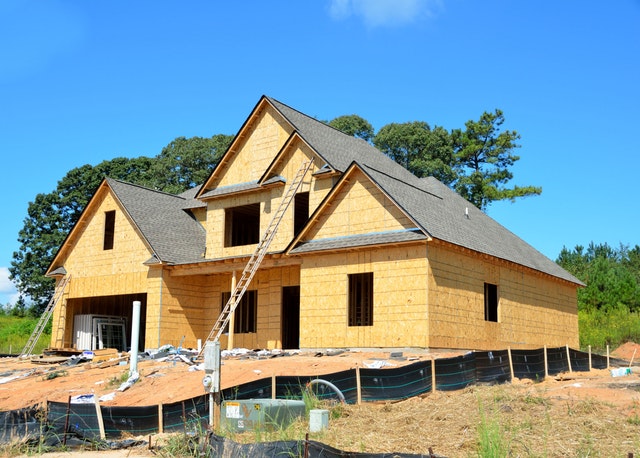Should I Airbnb My Home?
 One of the main reasons people Airbnb their homes is to earn extra income. By renting out their homes to guests, hosts can earn money that can be used to pay bills, save for a vacation, or invest in their future. The decision to Airbnb your home ultimately depends on your personal circumstances and preferences.
One of the main reasons people Airbnb their homes is to earn extra income. By renting out their homes to guests, hosts can earn money that can be used to pay bills, save for a vacation, or invest in their future. The decision to Airbnb your home ultimately depends on your personal circumstances and preferences.
Here are some factors to consider that can help you make an informed decision:
Legal Requirements: Before you decide to list your home on Airbnb, make sure you are legally allowed to do so in your area. Check your local regulations, zoning laws, and HOA rules to ensure that short-term rentals are permitted. Failure to comply with these regulations could result in legal penalties and fines.
Financial Considerations: Renting out your home on Airbnb can be a great way to earn extra income, but it’s important to consider the financial costs and benefits. Consider the amount of time and money you will need to spend to get your home ready for guests, such as cleaning fees and repairs. Also, consider the opportunity cost of not using your home during the rental period.
Property Management: If you’re planning to rent out your home while you’re away, it’s important to have someone who can manage the property and handle any issues that arise with guests. This may require hiring a property manager or cleaning service, which will add to your costs.
Increased Wear and Tear: Renting out your home on Airbnb can result in increased wear and tear on your property, which may require more frequent repairs and maintenance. This can be especially true if you have multiple guests staying in your home on a regular basis.
Safety and Security: Airbnb offers various safety features and guidelines to protect hosts and guests, but there are still risks associated with hosting strangers in your home. Make sure you have adequate insurance coverage and take necessary safety precautions, such as locking up valuables and installing smoke detectors and carbon monoxide detectors.
If you feel comfortable with the above considerations and believe that renting out your home on Airbnb is a good fit for you, then it could be a worthwhile decision. However, if you have any reservations or concerns, it may be best to explore other options for earning extra income.

 “Cash to Close” refers to the total amount of money that a homebuyer needs to bring to the closing table to complete the purchase of a property. It includes the down payment, closing costs, and other fees associated with the home purchase.
“Cash to Close” refers to the total amount of money that a homebuyer needs to bring to the closing table to complete the purchase of a property. It includes the down payment, closing costs, and other fees associated with the home purchase. A mechanic’s lien is a legal claim placed on a property by a contractor, subcontractor, or supplier who has provided labor, materials, or equipment to improve the property. The lien serves as security for the payment of the debt owed to the party who provided the services or materials.
A mechanic’s lien is a legal claim placed on a property by a contractor, subcontractor, or supplier who has provided labor, materials, or equipment to improve the property. The lien serves as security for the payment of the debt owed to the party who provided the services or materials. Last week’s economic news included reporting on construction spending, the Federal Reserve’s decision to raise its benchmark interest rate, and weekly readings on mortgage rates and jobless claims.
Last week’s economic news included reporting on construction spending, the Federal Reserve’s decision to raise its benchmark interest rate, and weekly readings on mortgage rates and jobless claims. Buying a new home is exciting. Buying a brand new home can be even more so with the realization of being the first owner and possibly being able to choose your own layout and finishes. The prospect of owning new construction is definitely exciting, but it doesn’t come without its own set of questions.
Buying a new home is exciting. Buying a brand new home can be even more so with the realization of being the first owner and possibly being able to choose your own layout and finishes. The prospect of owning new construction is definitely exciting, but it doesn’t come without its own set of questions.